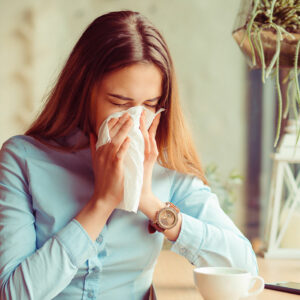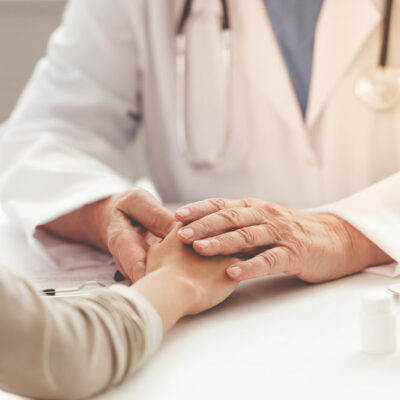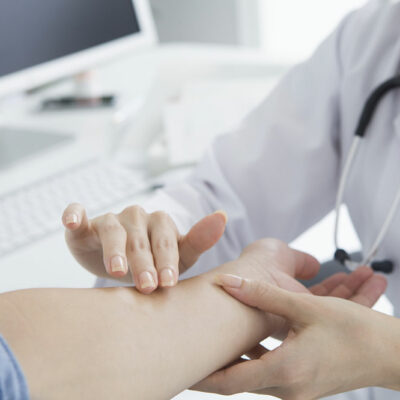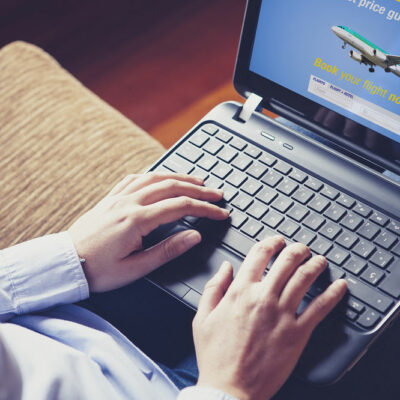6 foods to avoid before taking a flight
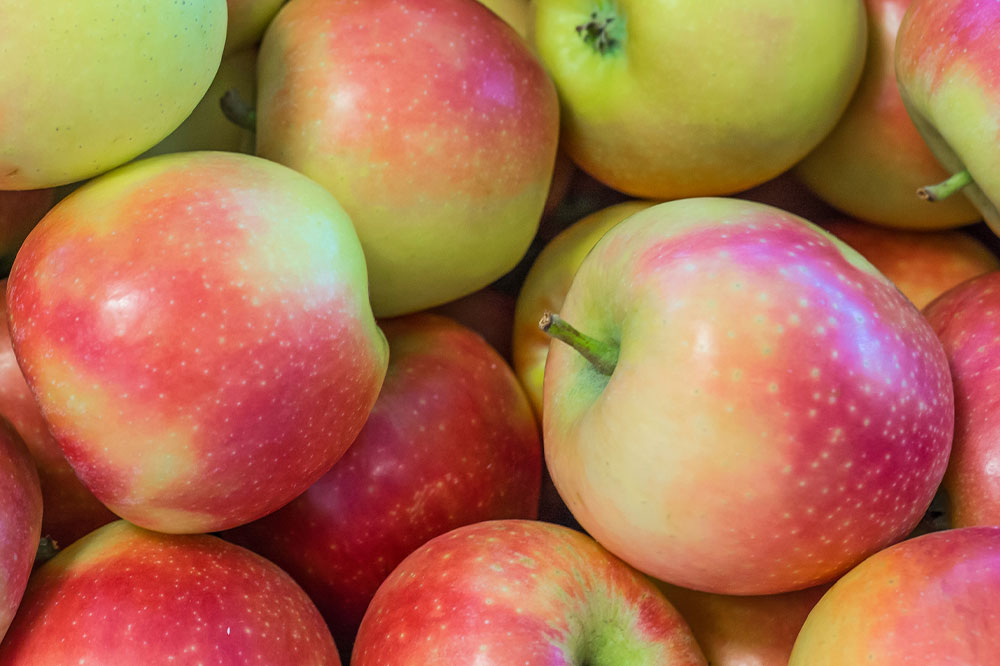
Preparing for a flight is not only about what you pack into your bags but also what goes inside your stomach. Luxurious seating and business-class hospitality cannot compensate for a poorly planned meal before a flight. Changes in air pressure and density on board a flight cause a shift in meal requirements before and during one’s air journey. This article provides a list of foods that one should avoid before boarding a flight:
Apples
The proverb “an apple a day keeps the doctor away” cannot be more accurate, considering the abundance of antioxidants and vitamin C in apples. However, the fruit is extremely high in fiber content, which may cause problems with digestion and lead to bloating. Such issues can have a more severe impact while one is on board a flight. Hence, it is best to opt for fruits like oranges, berries, and papayas, which are easier to digest, before flight journeys.
Cruciferous vegetables
Cruciferous vegetables like broccoli, cauliflower, cabbage, and Brussels sprouts are high in vital nutrients; however, they can be heavy on the stomach and trigger digestion issues. They are also rich in a sugar called raffinose, which often causes bloating. It helps to avoid cruciferous vegetables before a flight, swapping them with lighter foods like white rice, fermented foods, and instant oats.
Salted snack items
Salted snack items like fries and chips are a no-no before traveling by flight, as these foods can cause acute dehydration in the body and contribute to bloating. A drop in cabin pressure as the aircraft reaches higher altitudes can cause flatulence and increase discomfort.
Sushi
Being a source of raw fish, sushi is associated with parasitic diseases like anisakiasis. This condition is caused by the consumption of raw fish infected with a parasitic worm, which latches on to one’s esophagus, intestine, or stomach and leads to food poisoning. Thus, it is best to avoid sushi, particularly before a flight.
Aerated drinks
Carbonated or aerated drinks can cause acidity and gas, with the situation worsening during a flight. Thus, before a flight journey, one should avoid soft drinks and stay hydrated by having plenty of water, fresh fruit juices, smoothies, soups, etc.
Caffeinated beverages
While it may be tempting to sip on tea or coffee before a flight, caffeine can cause dehydration and induce bloating and other digestion problems and should be limited or avoided before flying.

